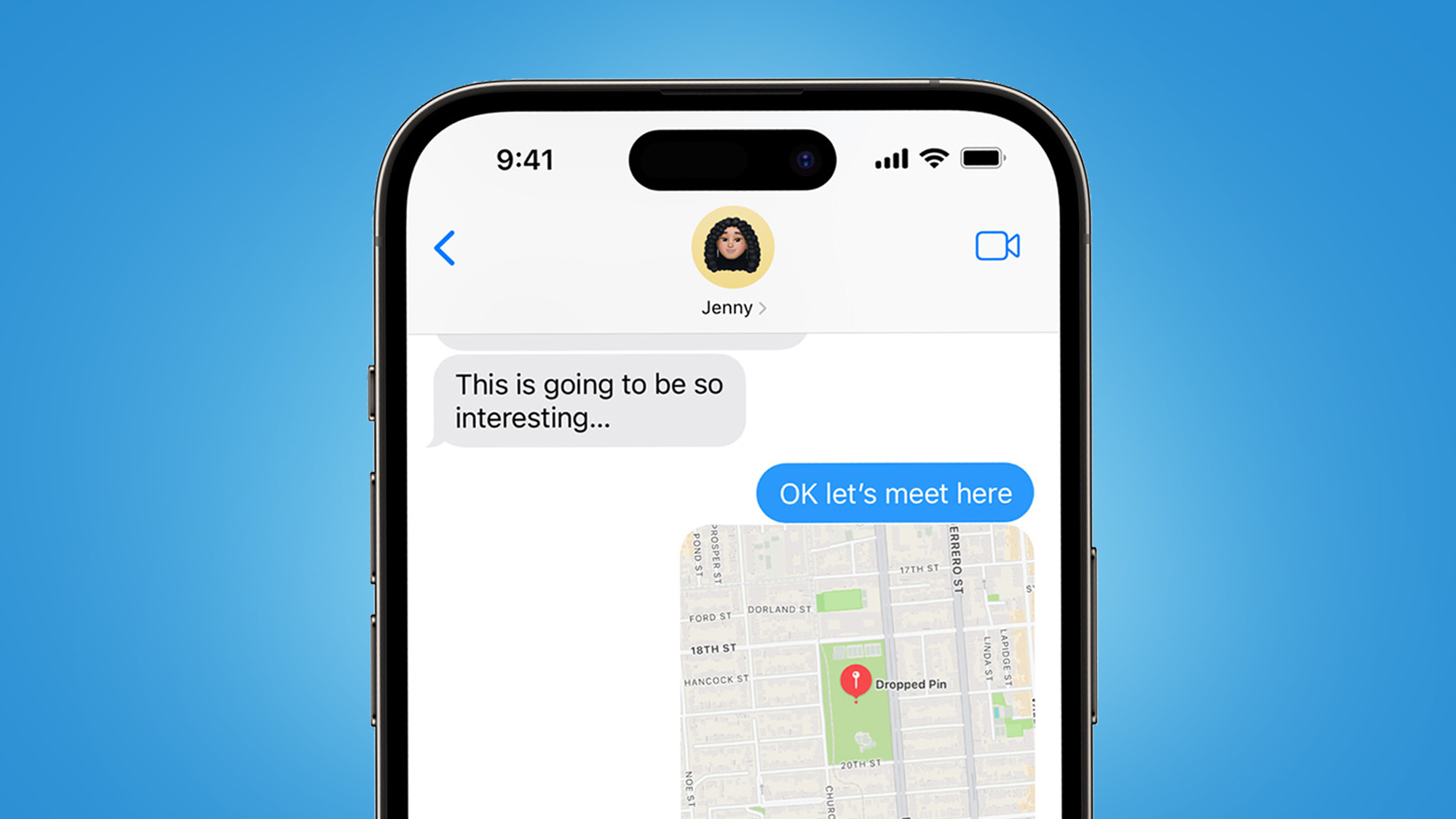In a surprising turn of events that has the tech world buzzing, Apple iMessage service has managed to dodge the “gatekeeper” designation in the European Union, a decision that spares the tech giant from the stringent regulations under the Fair Markets Act.
This ruling, announced by the European Commission, signifies a pivotal moment for Apple, as well as for other tech behemoths like Microsoft, which also saw its Edge browser, Bing search, and advertising business evade similar regulatory scrutiny.

Apple iMessage: The Inquiry Unveiled
An exhaustive study that lasted for five months and focused on businesses such as Apple, Google, Amazon, Meta, and Microsoft was conducted by the European Union to identify “gatekeepers” in the technology industry. These are entities that hold significant power and have the potential to lead to unfair economic practices.
The Commission concluded that Apple iMessage, along with Microsoft’s Bing, Edge, and its advertising platform, did not satisfy the requirements for “gatekeeper” services. This was the case although Apple iMessage serves a substantial user base of at least 45 million people in the European Union and Apple boasts a market capitalization that is greater than 75 billion euros.
Google’s Push for Regulation
The backdrop to this regulatory scrutiny includes a notable push from Google, urging the Commission to classify Apple as a “gatekeeper.” This move was part of a broader strategy by Google to advocate for fairer treatment of Android users, especially in SMS interactions with iPhone users.
Despite this pressure, Apple iMessage will continue to operate without mandatory interoperability for messaging, files, and video calls with other services, a stance that has spared it from potentially onerous regulatory requirements.
Apple's iMessage Avoids EU's Digital Markets Act Regulation https://t.co/gEthIrI8qt pic.twitter.com/4HU0Yer1DR
— MacRumors.com (@MacRumors) February 13, 2024
Digital Markets Act and Beyond
While Apple iMessage skirts around the “gatekeeper” status, the tech giant is not entirely free from regulatory changes. Under the Digital Markets Act, Apple is expected to make significant adjustments to its iOS operating system, App Store, and Safari browser.
The upcoming iOS 17.4 update, anticipated in March, is set to introduce “alternative app marketplaces,” allowing for sideloading and enabling these third-party app stores to offer updates and other services independently of Apple’s ecosystem.
A Glimpse into Regulatory Influence
The European Union’s decision underscores the nuanced and complex landscape of tech regulation. As companies like Apple navigate these regulations, the implications of such decisions ripple through the industry, influencing user experience, market competition, and the strategic direction of major tech firms.
Meanwhile, the role of regulatory bodies like the FCC in the US, as highlighted by Commissioner Brendan Carr’s comments on Apple’s handling of the Beeper Mini app, illustrates the ongoing dialogue between tech companies and regulators in shaping the future of digital communication and accessibility.

Looking Forward
As the dust settles on the European Commission’s announcement, the tech industry and regulatory watchers alike will be keenly observing how these decisions influence the broader landscape of digital services and market competition.
With Apple iMessage service maintaining its walled garden for now, the conversation around digital communication, user privacy, and market fairness continues to evolve, shaping the future of how we connect in the digital age.
This development marks a significant moment in the ongoing debate over tech regulation and the balance between innovation and fair competition.
As the story unfolds, the implications for Apple, its users, and the broader tech ecosystem will undoubtedly continue to be a focal point of discussion in the ever-evolving narrative of the digital age and mobile service.


